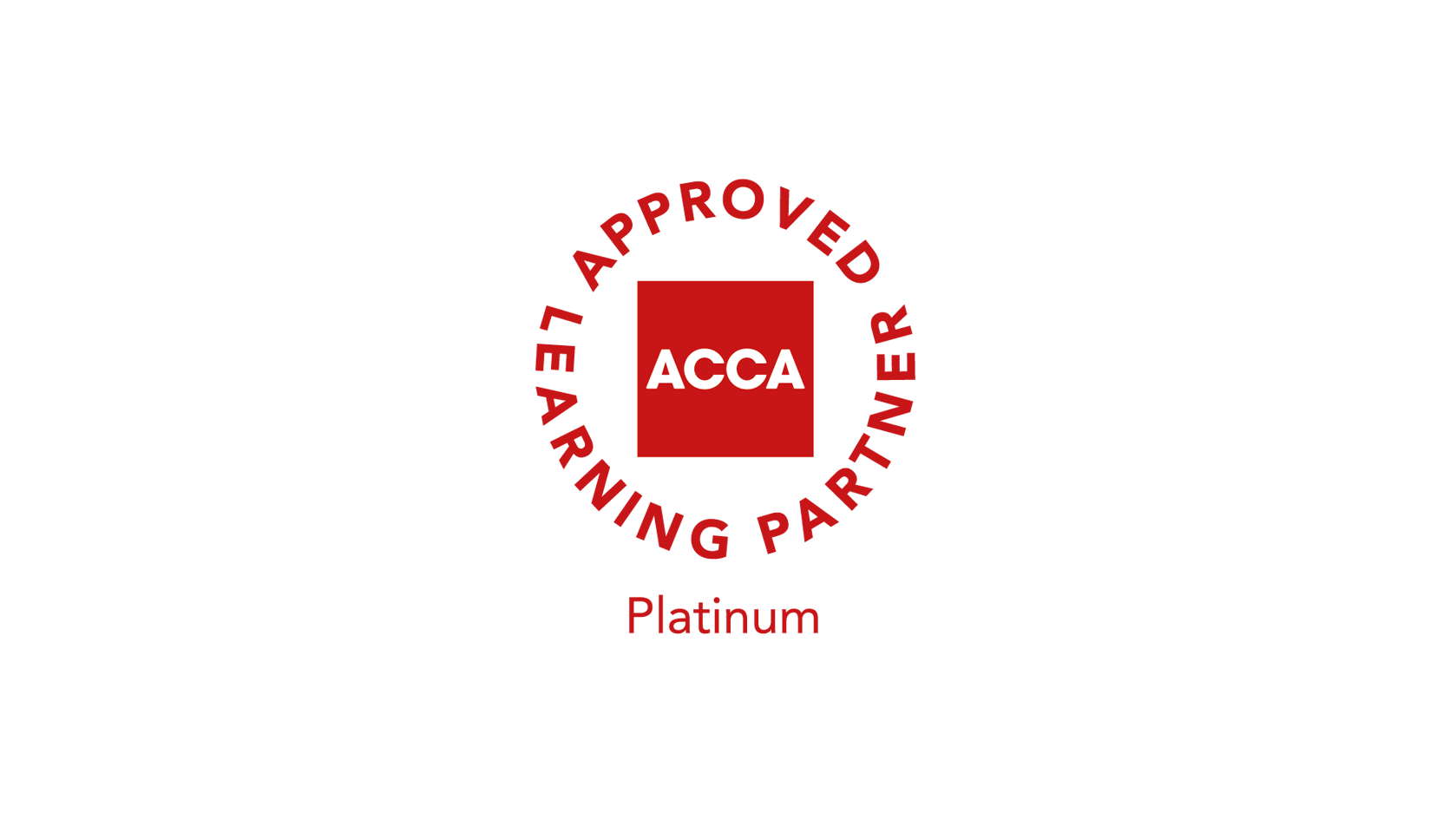KPIs: The key to success?

For students pursuing professional accounting qualifications such as ACCA, CIMA, or CMA, understanding Key Performance Indicators (KPIs) is crucial.
KPIs are quantifiable measurements that reflect the critical success factors of a business. These are invaluable tools that provide a performance snapshot and help companies make informed decisions, align their teams, and monitor their progress towards strategic goals. KPIs help to translate abstract concepts like “customer satisfaction” or “operational efficiency” into concrete, measurable entities.
Choosing the Right KPIs
The use of KPIs isn’t a one-size-fits-all approach. Different businesses have unique objectives, and their KPIs should reflect this. For instance, a retail company might consider ‘Sales Growth Rate’ as a crucial KPI to gauge business health, while a SaaS business might prioritize ‘Monthly Recurring Revenue’ or ‘Customer Churn Rate’.
What makes a Good KPI?
A good KPI stands on three pillars: it is well-defined, quantifiable, and directly linked to the strategic objective. It should provide clear insight into performance and indicate the necessary actions to enhance success rates. Furthermore, a good KPI should be easy to understand and communicate to stakeholders at all levels.
Implementing KPIs in Practice
To effectively utilize KPIs, businesses must identify the key metrics that are most relevant to their goals. For instance, if a company aims to expand its customer base, ‘Customer Acquisition Cost’ can be a vital KPI. This KPI will allow the business to understand how much they are spending to acquire new customers and adjust their strategies accordingly.
Moreover, KPIs are not just for high-level strategy. They can also be used at departmental levels. For example, a human resources department might track ‘Employee Turnover Rate’ to assess the organisation’s job satisfaction and retention strategies.
Real-Life Examples of KPIs
Examples of KPIs which well-known companies could use include Microsoft who could have “Active Users” as one of their KPIs for their Office 365 product. By monitoring the number of active users, Microsoft can ascertain the product’s popularity and usage, giving them insights on where to focus their improvement and marketing efforts.
Another potential example is Coca-Cola, who could use ‘Market Share’ as a KPI. It’s a crucial metric for Coca-Cola because as a player in a highly competitive market, maintaining or increasing their market share directly ties to their business success.
KPIs for Professional Accounting Bodies
If you’re studying for ACCA, CIMA or CMA then what about KPIs for professional bodies?
These organisations aren’t exempt from leveraging KPIs to ensure they deliver value to their members and uphold the highest quality standards.
Three significant KPIs could serve these institutions well:
Membership Growth Rate: This KPI tracks success in attracting and retaining members. Monitoring this allows institutions to understand how effectively they are expanding their network and enables strategic adjustments.
Exam Pass Rates: An insight into the effectiveness of education and training programs is gained by this metric. A decrease in pass rates might signal a need to enhance educational resources or evaluate exam difficulty.
Membership Renewal Rates: This KPI reveals how many qualified professionals find value in maintaining their membership with the professional body. It serves as a feedback mechanism for the value perceived in their continuing education programs.
KPIs: A Powerful Tool for Aspiring Accountants
For those of you studying for the ACCA, CIMA, or CMA qualifications, understanding and leveraging KPIs is more than an academic exercise. As future accounting professionals, you will be instrumental in selecting, defining, and monitoring KPIs that drive business success.
Remember, a well-chosen KPI can provide deep insights into an organisation’s performance. It serves as a compass that aligns strategies and activities with overarching objectives. However, while KPIs are undoubtedly valuable, they are just one piece of the larger business puzzle. Used wisely, they can illuminate the path to success but should always be considered in the broader context of the company’s goals and market conditions.
In conclusion, KPIs are not just business jargon or fancy acronyms. They are an essential element of strategic management, ensuring businesses and professional bodies alike stay on track and continuously improve. As future finance and accounting leaders, you will wield the power of KPIs to steer organisations toward their objectives and ultimate success.










